Index relies entirely on the support of donors and readers to do its work.
Help us keep amplifying censored voices today.
While President Paul Kagame of Rwanda was welcoming 53 visiting heads of government to his capital, perhaps the thought went through his mind that this was a moment for self-congratulation. Once, he was an exile from a country too dangerous for people of his ethnicity. Now he stands on the world stage.
Under Kagame’s iron rule, little landlocked Rwanda, a country not much bigger than Wales and horribly scarred by civil war and genocide, was honoured to be chosen to host the 2022 Commonwealth Heads of Government Meeting, the first since the pandemic.
There have been 24 such summits, colloquially known as Chogm, which bring together components of the old British Empire, but never before has one been held in a country that had not previously experienced British rule. Until a generation ago, the boundary between anglophone and francophone Africa was where Rwanda abutted Uganda, but Kagame has shifted that boundary westward, and become a new addition to the Commonwealth family.
That is a part of the reason that his government was able to secure the deal to receive the UK’s unwanted asylum seekers, which was a coup for Kagame, despite the subsequent legal obstacles. In announcing it, Boris Johnson has lauded Rwanda as “one of the safest countries in the world”.
That remark invokes a scathing riposte from Carine Kanimba, whose father, Paul Rusesabagina, is Rwanda’s best known political prisoner. “Within Rwanda, people are not safe,” she said. “Rwandans in the Congo, where Kagame has troops, are not safe; Rwandans in other African countries are not safe. Even outside of Africa, Rwandans are not safe, and having Boris Johnson say ‘hey, I don’t care’ sets a rally bad precedent.”
There is a dark underside to Rwanda’s post-genocide history, which has been obscured by the horror of what happened over ten weeks in 1994, when Hutu extremists massacred hundreds of thousands of the Tutsi minority. Relieved that the violence has subsided, the developed world has poured aid into the country, and was willing to accept the image Kagame projects as the firm ruler who brought peace to a troubled land. In Rwanda, there are no independent media to tell a different story. President Kagame tolerates no criticism at home, and his opponents abroad have to be constantly aware that his agents might hunt them down.
Rusesabagina is the only Rwandan whose fame matches Kagame’s. He is a Hutu, who ran a hotel in Kigali in 1994, where he provided sanctuary for hundreds of Tutsi, whose lives he saved. They included two tiny children, Anaȉse and Carine Kanimba, whose Tutsi parents had been slaughtered, and whom he adopted as his daughters. His story was told in the 2004 film, Hotel Rwanda.
Rusesabagina went into exile early in Kagame’s presidency – he obtained Belgian citizenship – and became a critic of the regime. In August 2020, he was persuaded by a man he trusted, a pastor named Constantin Niyomwungere, to board a private plane bound – he thought – for Burundi. He had been tricked. The plane landed in Kigali, where Rusesabagina was seized and sentenced to 25 years in prison. A prison term that long, imposed on a man who turned 68 in June, has been aptly described by the Belgian MEP, Kathleen van Brempt, as a “de facto death sentence”.
“Constantin Niyomwungere is an agent of the Rwandan government,” Carine Kanimba claims. “He spent two years getting our father’s trust. He was told ‘you have to find a way of getting him to Rwanda’. Our father believed he was going to an exchange between bishops in Burundi.”
“The flight from Dubai to Rwanda cost 120,000 US dollars,” Anaȉse Kanimba added. “Dad was the only one in the plane, apart from the crew, and Niyomwungere.”
Rwanda is one of the poorest countries in Africa, heavily reliant on foreign aid.
No member of Rusesabagina’s family can risk being in Rwanda while Kagame is in power, so their only contact with him is a five-minute phone call, once a week, on a Friday. He tries to sound upbeat, but they know that he is struggling with health problems. He used to listen to Radio America, but now he is allowed to hear only the strictly controlled Rwandan media.
And yet, considering what they have been through, the sisters come over as remarkably cheerful. They exude confidence that their family will be reunited, citing the precedent of Nazanin Zaghari-Ratcliffe’s release from an Iranian jail, and international opinion is increasingly on their side. “One of the things we have learnt from [Nazanin’s husband] Richard Ratcliffe is to push any button, then follow on, and follow on,” Anaȉse said. “We are certain that Dad will come home.”
Their father’s arrest has been condemned by the European Parliament, and by the UN Working Group on Arbitrary Detention. On 19 May, the US State Department declared that Rusesabagina had been “wrongfully detained” – ironically, on the day after the Home Secretary Priti Patel had met Rwanda’s foreign minister in Geneva to finalise arrangements for deporting asylum seekers to Rwanda. On Tuesday, 21 June, the US House of Representatives debated a motion calling for Rusesabagina’s release. But so far, Kagame’s credibility in the eyes of the UK government is apparently intact.
“The US has taken the courageous road,” Carine remarked. “But what we are seeing from the UK is the opposite – the road of cowardice. Boris Johnson has put Kagame on a pedestal.”
“I don’t have any faith in Boris Johnson,” Anaȉse said. “But maybe Prince Charles will have the humanity and leadership to speak to Kagame.”
What they hope is that Kagame will need to make a gesture to protect his reputation, and releasing the elderly Rusesabagina would be the obvious attention grabber – but if that happens, it still leaves others in his grip, including some exceptionally courageous journalists.
In April 2020, a young journalist named Cyuma Hassan Dieudonne, also known as Dieudonne Niyonsenga, who ran a YouTube channel called Ishema TV, went out to report on conditions in the Rwandan countryside. He was arrested, held in pre-trial detention for 11 months, released, rearrested, and sentenced to seven years in prison, an outcome that Reporters Without Borders has described as “absurd and arbitrary”.
“This guy was so brave,” Carine said. “He is 29 years old, the same age as me, he went out into parts of the country and reported on Covid restrictions, police brutality and all the news the government did not want reported, that is, not about Kigali and its clean streets. His sister has visited him in prison. She says he has been treated so badly that he will probably never have children. This is the consequence of speaking out in Rwanda.”
Even those who flee abroad cannot be sure of escaping the regime’s long arm. Patrick Karegeya was one of Kagame’s comrades in the ex-pat Tutsi army who helped to overthrow Milton Obote in Uganda in 1986, and install the current long-serving president, Yoweri Museveni. With Museveni’s blessing, they invaded Rwanda. Karegeya was head of intelligence in the new regime until he clashed with Kagame, and fled, only to be murdered in a Johannesburg hotel.
The Kanimba sisters have also been harassed and spied on – particularly Carine, who lives in Belgium, while Anaȉse is further out of reach, in Texas. A senior figure in the Rwandan government used Twitter to suggest that Carine merited the ‘Golden Machete’, a sobriquet that pro-Kagame internet trolls use to denounce those they accuse of being pro-genocidaire. It is a category that seems to include anyone and everyone who has criticised the President. Michela Wrong, the British journalist whose meticulously researched book Do Not Disturb demolished the myth of Kagame, was named winner of the 2021 Golden Machete. But machetes were the weapons used to butcher the sisters’ biological parents, so suggesting that Carine deserves a Golden Machete is, at best, a sick joke.
Most frighteningly Carine has been followed in the streets of Brussels by people she believes to be Kagame’s agents, and her phone was infected last summer with the Pegasus software, enabling hackers to trace her movements and overhear her conversations.
She says: “My phone was infected 23 times. There is a person on the other side who is obsessed with knowing what I am doing.”
“It’s all Kagame. I’m a 29-year-old woman. I’m just speaking out. It’s pathetic. Kagame wants to be recognised as a hero. We are targets.
Uganda’s natural resources base, one of the richest and most diverse in Africa, continues to be degraded, jeopardising both individual livelihoods and the country’s economic development.
Evidence from the UN Environment Programme reveals that its forests, home to several endangered or soon-to-be extinct animal and plant species, are being mercilessly ravaged by poachers, illegal charcoal traders and loggers, and greedy investors.
Overfishing in the country’s lakes and rivers is rife. Its wetlands are being cleared for agricultural use and the rate of forest cover loss stands at 2.6 per cent annually, according to independent sources.
As part of efforts to ensure that the east African nation’s natural resources are effectively managed and protected, a group of environmental activists has gone to war to protect these natural wonders from bleeding further.
“Environmental activism in Uganda is not a safe identity – it’s a hostile and fragile environment,” William Amanzuru, team leader at Friends of Zoka, told Index.
“Activists are seen as fronting foreign views and opinions, enemies of the state and enemies of development.”
Amanzuru, who won the EU Human Rights Defenders Award in 2019, says environmental abuse in Uganda is highly militarised, so any intervention for nature conservation seems like a battlefield in a highly sophisticated war.
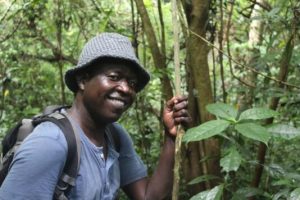
William Amanzuru, team leader at Friends of Zoka
“You directly deal with our finest military elite who run the show because of the huge profits gained from it,” he said. “We are always being followed by state and non-state actors and those involved in the depletion of natural resources like the Zoka Central Forest Reserve.”
Amanzuru said he had received threatening phone calls and had been intimidated by government and local police officials. “My phone is always tapped,” he added.
Anthony Masake, programme officer at Chapter Four Uganda, a human rights organisation, said environmental human rights defenders in Uganda were increasingly operating in a hostile environment.
“They repeatedly face reprisal attacks in the form of arbitrary arrests and detention, character assassination, being labelled traitors, assaults, intimidation and isolation, among others,” he said.
Masake added that illegal loggers and charcoal dealers, land grabbers and corporations often connived with their government backers to shield them from the law and accountability.
“Politicians, police officers and local leaders have often been cited in incidents of reprisal attacks against environmental defenders in Adjumani, Hoima and other districts,” he said.
Uganda’s environmental battlefields are located in rural and remote areas where life and time seem to stop – far from the public eye and the noise and the vibe of big cities.
“The terrain has exposed them to easy targeting because the operation areas are far removed from urban areas where they would be able to access quick and competent legal services,” said Masake.
“The rise of incidents of corruption, abuse of office, lack of accountability for abusers and deterioration of the state and rule of law has further emboldened perpetrators to continue attacking environmental defenders because they know they can get away with it.”
As watchdogs of society, journalists who attempt to expose environmental crimes and abuse are also often the victims of sheer brutality and violence, according to several sources who spoke to Index.
“I deplore the way [president Yoweri] Museveni’s security forces ill-treat journalists, especially environmental journalists,” said one. “They have done nothing wrong. All they do is to tell the nation and the world that our natural resources are in danger of being extinct if we do not trade carefully. Is that a crime?”
The journalist, who claimed to fear Ugandan security forces and intelligence services “more than God”, spoke only on condition of anonymity.
The International Federation for Human Rights (FIDH) and its partners, the Observatory for the Protection of Human Rights Defenders and the World Organisation Against Torture, have vehemently and repeatedly condemned the arrest and arbitrary detention of environmental journalists.
Venex Watebawa and Joshua Mutale, the team leader and head of programmes at Water and Environment Media Network (Wemnet), were recently arrested in Hoima, in western Uganda, on their way to attend a radio talkshow at Spice FM.
The FIDH reported that they were supposed to discuss the risks and dangers of sugarcane growing projects in the Bugoma forest and of allowing oil activities in critical biodiversity areas including rivers, lakes, national parks, forests and wetlands.
Home to more than 600 chimpanzees and endangered bird species, including African grey parrots, Bugoma is a tropical rainforest which was declared as a nature reserve in 1932.
Following the arrest of Wemnet members, all hell broke loose when security forces arrested more environmental activists who went to the police station to negotiate the release of Watebawa and Mutale.
The arrests, which are believed to have been called for by Hoima Sugar, the company decimating the Bugoma forest to convert it into a sugarcane plantation, were a bitter pill to swallow. (Index asked Hoima Sugar to comment on these allegations but received no response.)
“Environment stories are so delicate because the people behind the destruction of the environment are people with a lot of money, who are well connected and have a lot of influence,” Watebawa told Index.
He slammed the National Environment Management Authority – which is mandated to oversee conservation efforts – for having been influenced by Hoima Sugar.
“To our surprise, it gave a report in a record time of two weeks to clear the below-bare-minimum-standard environmental impact assessment report to clear 22 square miles of land in a sensitive and fragile ecosystem,” he said.
“The deployment of paramilitary agencies to give sanctuary to the destroyers of the forest speaks volumes of the government’s commitment to protect the environment.”
Journalists who have attempted to get anywhere near the Bugoma central forests have been harassed or faced the wrath of the army.
“These incidents have demotivated and scared us,” said Watebawa. “Between March and June, two of our members lost their cameras and laptops. Our communications officer, Samuel Kayiwa, was trailed, his car broken into in Kajjasi, and his gear stolen.”
In another incident targeting the environmental media, Wemnet reported that someone broke into the house of Agnes Nantambi, a journalist working for New Vision, after midnight, forcing her to surrender her laptop and camera.
Amanzuru was arrested in February after an incident in which locals impounded a Kampala-bound truck ferrying illegal charcoal. He claimed that the military provided protection for those investing in illegal logging, illegal timber harvesting and the commercial charcoal trade.
He said the country’s environment sector was highly politicised, with the government drawing a lot of illicit money from the abuse of natural resources.
“Politicians trade in environmental abuse because this is an unmonitored trade … They make quick money for their political sustainability.”
And as the Museveni government’s aggression towards environmental activists increases day by day, human rights organisations have vowed to fight and to die with their boots on.
Amanzuru’s arrest attracted the attention of the EU ambassador to Uganda, who wrote to environment minister Beatrice Anywar Atim to request a fair and speedy trial.
Entities offering support include the Defenders’ Protection Initiative, Chapter Four Uganda and the National Coalition of Human Rights Defenders in Uganda.
But despite the grim outlook, Watebawa remains optimistic about the future of environmental activism.
He says society is stronger, more organised and more determined than ever, and the media persistently exposes environmental abuse.
He believes all responsible citizens must challenge the impunity to which environmental human rights defenders so often fall victim because the environment, ultimately, is a shared resource.
FEATURING
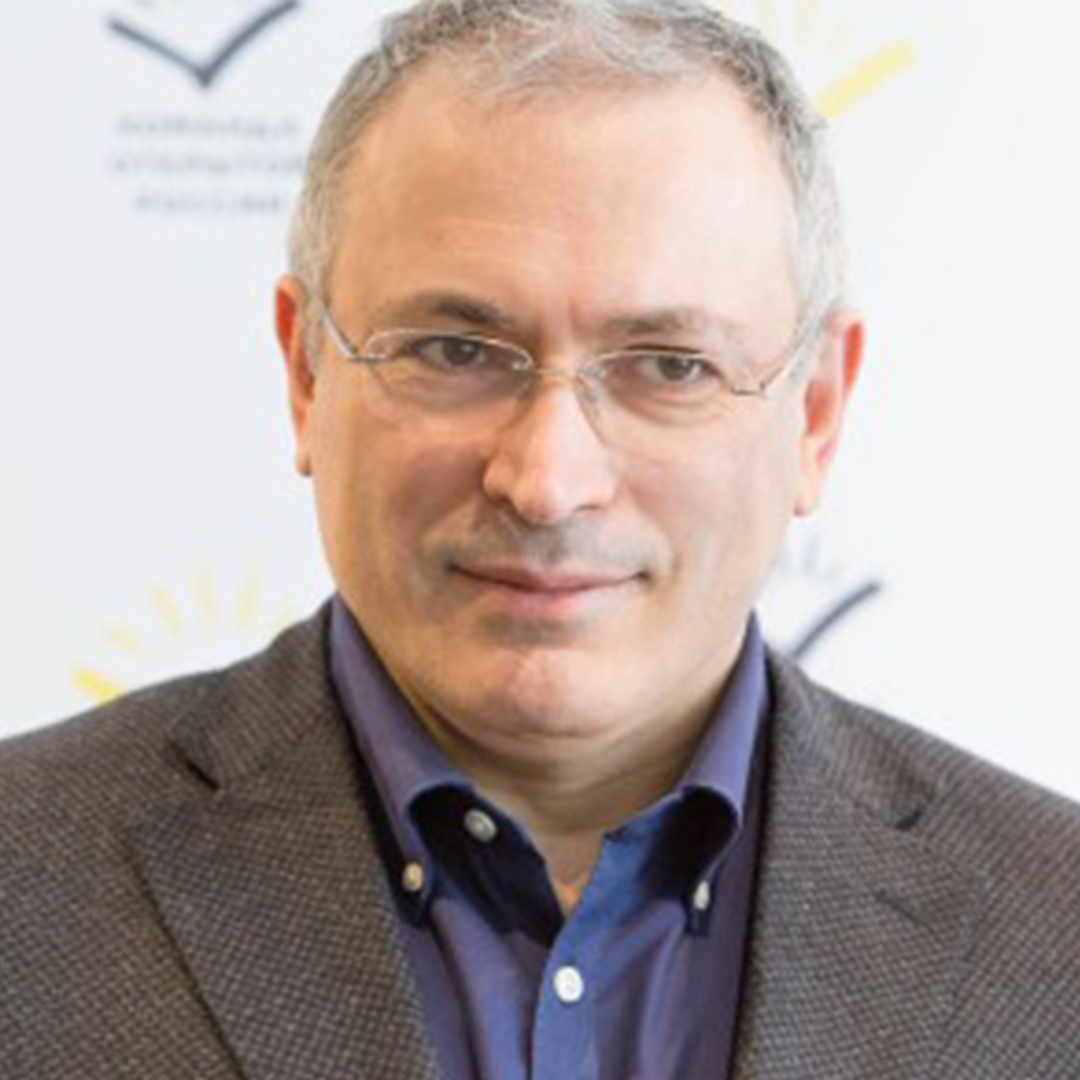
Dissident
Mikhail Khodorkovsky is founder of the Justice for Journalists Foundation.
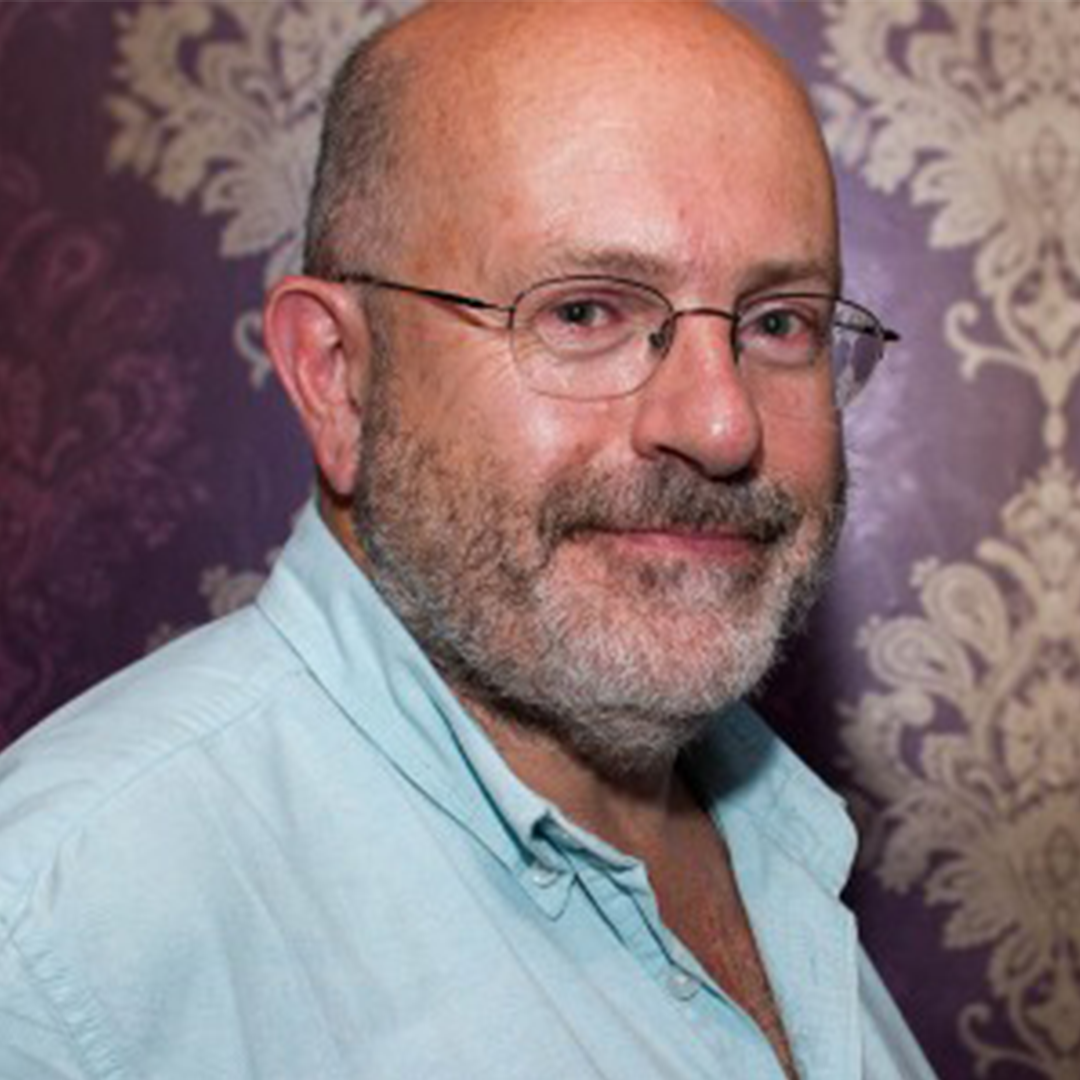
Journalist
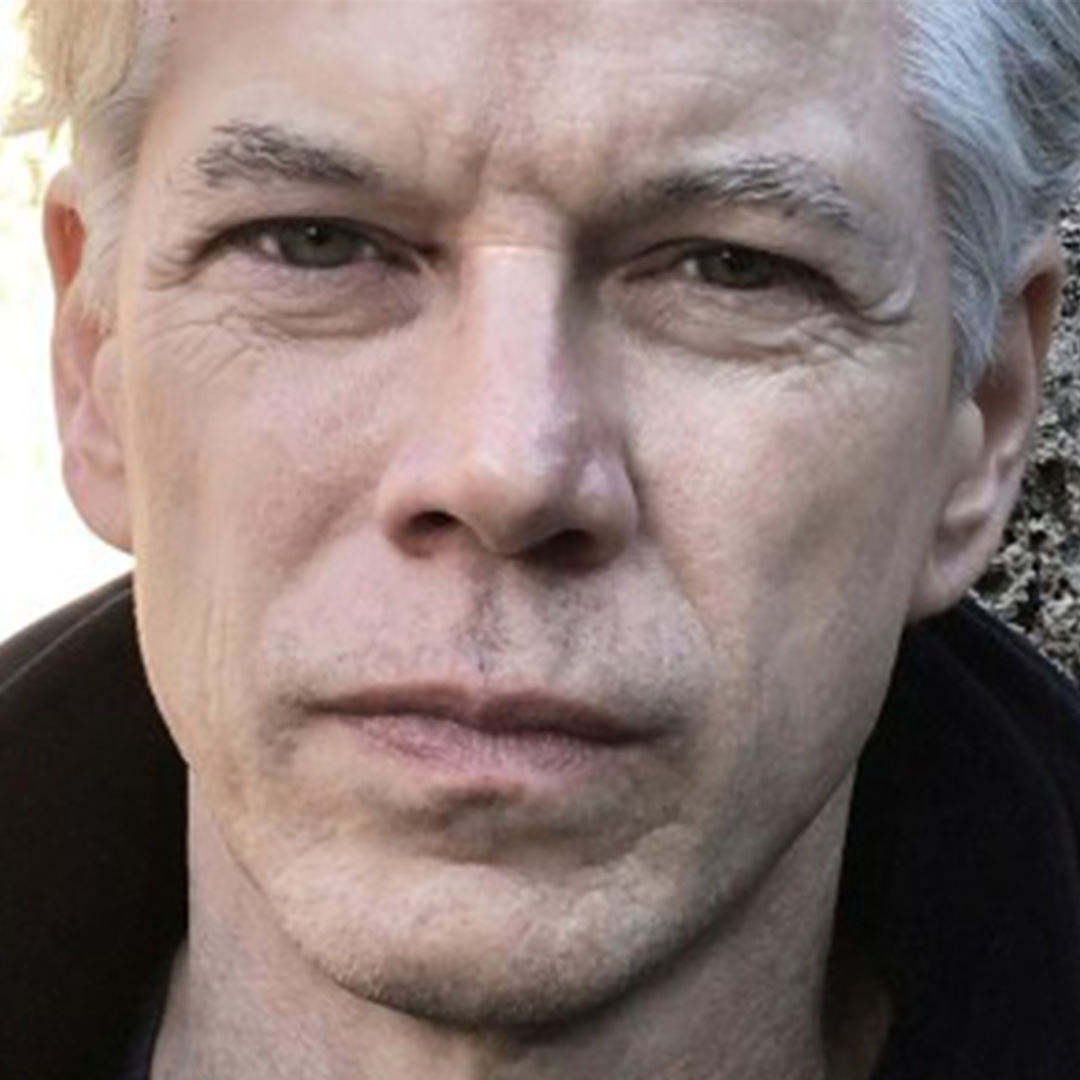
Activist and producer
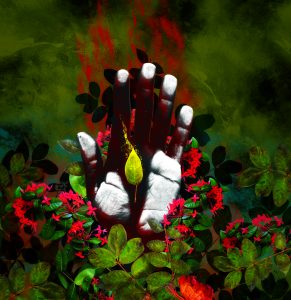
The Autumn issue of Index magazine focuses on the struggle for environmental justice by indigenous campaigners. Anticipating the United Nations Climate Change Conference (COP26), in Glasgow, in November, we’ve chosen to give voice to people who are constantly ignored in these discussions.
Writer Emily Brown talks to Yvonne Weldon, the first aboriginal mayoral candidate for Sydney, who is determined to fight for a green economy. Kaya Genç investigates the conspiracy theories and threats concerning green campaigners in Turkey, while Issa Sikiti da Silva reveals the openly hostile conditions that environmental activists have been through in Uganda.
Going to South America, Beth Pitts interviews two indigenous activists in Ecuador on declining populations and which methods they’ve been adopting to save their culture against the global giants extracting their resources.
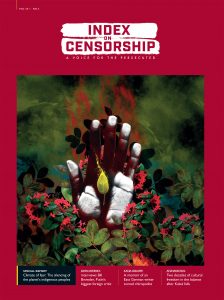 Cover of Index on Censorship Autumn 2021 (50-3)[/caption]
Cover of Index on Censorship Autumn 2021 (50-3)[/caption]
A climate of fear, by Martin Bright: Climate change is an era-defining issue. We must be able to speak out about it.
The Index: Free expression around the world today: the inspiring voices, the people who have been imprisoned and the trends, legislation and technology which are causing concern.
Pile-ons and censorship, by Maya Forstater: Maya Forstater was at the heart of an employment tribunal with significant ramifications. Read her response the Index’s last issue which discussed her case.
The West is frightened of confronting the bully, by John Sweeney: Meet Bill Browder. The political activist and financier most hated by Putin and the Kremlin.
An impossible choice, by Ruchi Kumar: The rapid advance of Taliban forces in Afghanistan has left little to no hope for journalists.
Words under fire, by Rachael Jolley: When oppressive regimes target free speech, libraries are usually top of their lists.
Letters from Lukashenka’s prisoners, by Maria Kalesnikava, Volha Takarchuk, Aliaksandr Vasilevich and Maxim Znak: Standing up to Europe’s last dictator lands you in jail. Read the heartbreaking testimony of the detained activists.
Bad blood, by Kelly Duda: How did an Arkansas blood scandal have reverberations around the world?
Welcome to hell, by Benjamin Lynch: Yangon’s Insein prison is where Myanmar’s dissidents are locked up. One photojournalist tells us of his time there.
Cartoon, by Ben Jennings: Are balanced debates really balanced? Ask Satan.[/vc_column_text][/vc_column][/vc_row][vc_row][vc_column][vc_custom_heading text=”Special Report” font_container=”tag:h2|font_size:22|text_align:left”][/vc_column][/vc_row][vc_row][vc_column][vc_column_text]
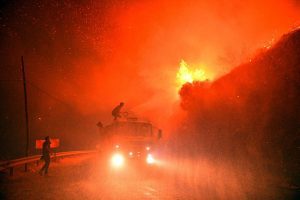
Credit: Xinhua/Alamy Live News
It’s not easy being green, by Kaya Genç: The Turkish government is fighting environmental protests with conspiracy theories.
It’s in our nature to fight, by Beth Pitts: The indigenous people of Ecuador are fighting for their future.
Respect for tradition, by Emily Brown: Australia has a history of “selective listening” when it comes to First Nations voices. But Aboriginal campaigners stand ready to share traditional knowledge.
The write way to fight, by Liz Jensen: Extinction Rebellion’s literary wing show that words remain our primary tool for protests.
Change in the pipeline? By Bridget Byrne: Indigenous American’s water is at risk. People are responding.
The rape of Uganda, by Issa Sikiti da Silva: Uganda’s natural resources continue to be plundered.Cigar smoke and mirrors, by James Bloodworth: Cuba’s propaganda must not blight our perception of it.
Denialism is not protected speech, by Oz Katerji: Should challenging facts be protected speech?
Permissible weapons, by Peter Hitchens: Peter Hitchens responds to Nerma Jelacic on her claims for disinformation in Syria.
No winners in Israel’s Ice Cream War, by Jo-Ann Mort: Is the boycott against Israel achieving anything?
Better out than in? By Mark Glanville: Can the ancient Euripides play The Bacchae explain hooliganism on the terraces?
Russia’s Greatest Export: Hostility to the free press, by Mikhail Khordokovsky: A billionaire exile tells us how Russia leads the way in the tactics employed to silence journalists.
Remembering Peter R de Vries, by Frederike Geeerdink: Read about the Dutch journalist gunned down for doing his job.
A right royal minefield, by John Lloyd: Whenever one of the Royal Family are interviewed, it seems to cause more problems.
A bulletin of frustration, by Ruth Smeeth: Climate change affects us all and we must fight for the voices being silenced by it.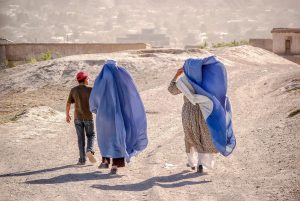 Credit: Gregory Maassen/Alamy[/caption]
Credit: Gregory Maassen/Alamy[/caption]
The man who blew up America, by David Grundy: Poet, playwright, activist and critic Amiri Baraka remains a controversial figure seven years after his death.
Suffering in silence, by Benjamin Lynch and Dr Parwana Fayyaz The award-winning poetry that reminds us of the values of free thought and how crucial it is for Afghan women.
Heart and Sole, by Mark Frary and Katja Oskamp: A fascinating extract gives us an insight into the bland lives of some of those who did not welcome the fall of the Berlin Wall.
Secret Agenda, by Martin Bright: Reforms to the UK’s Official Secret Act could create a chilling effect for journalists reporting on information in the public interest.